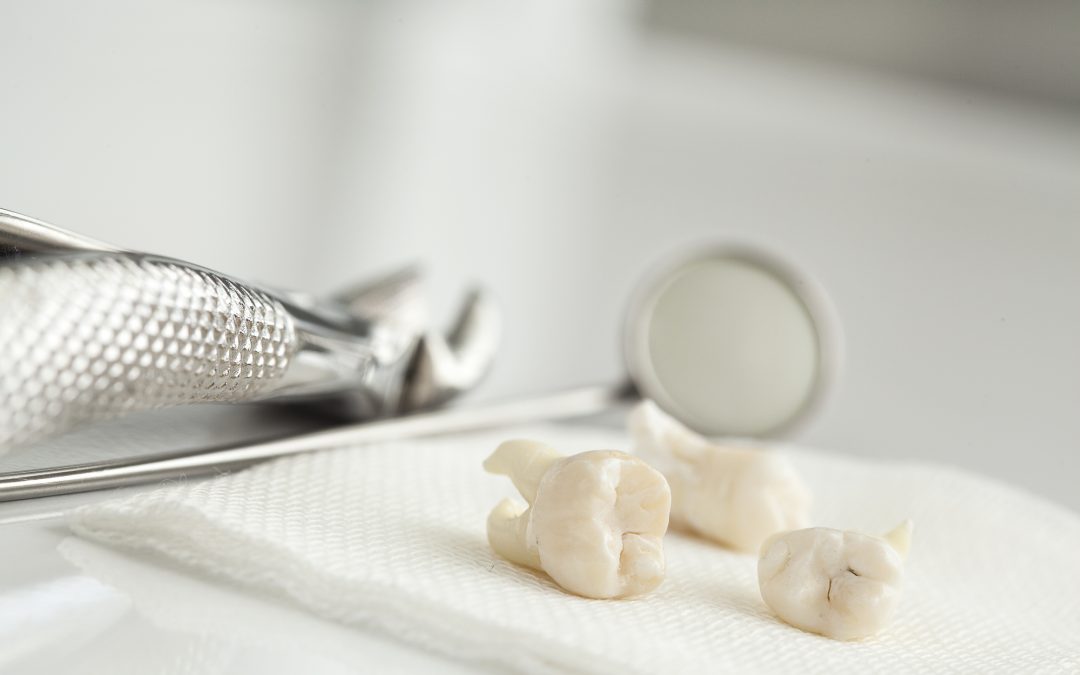Dental implants have revolutionized the way modern dentistry approaches tooth replacement. Offering a long-lasting and aesthetically pleasing solution, they restore not only the appearance of a smile but also the functionality of natural teeth. However, the success of dental implants is not solely reliant on the surgical procedure or the quality of the implant material—it’s also heavily influenced by the health of the surrounding tissues, particularly periodontal health.
Understanding Periodontal Health
Periodontal health refers to the condition of the structures that support the teeth, including the gums, periodontal ligament, and alveolar bone. These structures play a crucial role in maintaining tooth stability and overall oral health. When bacteria accumulate in the mouth, particularly around the gumline, they can cause inflammation and infection, leading to periodontal diseases like gingivitis and periodontitis.
Periodontal disease is one of the leading causes of tooth loss in adults, and ironically, it is also a significant risk factor when considering dental implants. For implants to integrate successfully with the jawbone—a process known as osseointegration—the surrounding periodontal structures must be healthy and free of infection.
The Connection Between Periodontal Disease and Dental Implants
Placing dental implants into an unhealthy periodontal environment can lead to complications that compromise the implant’s success. Active periodontal disease can spread to the newly placed implant site, causing inflammation in the surrounding tissues, known as peri-implantitis. This condition mimics periodontitis but affects the soft tissue and bone around the implant rather than a natural tooth.
Peri-implantitis can lead to bone loss around the implant, ultimately causing implant mobility or failure. According to dental research, individuals with untreated periodontal disease have a significantly higher risk of experiencing implant failure compared to those with healthy gums.
The Importance of Pre-Implant Periodontal Assessment
Before proceeding with dental implants, a thorough periodontal assessment is essential. Dentists or periodontists evaluate the gum condition, measure pocket depths around existing teeth, assess bone levels through radiographs, and identify any signs of infection or inflammation.
If periodontal disease is detected, it must be treated and managed before implant placement. This may involve scaling and root planing (deep cleaning), antimicrobial therapy, or surgical interventions to restore gum and bone health. In some cases, bone grafting may be required if bone loss has occurred due to long-standing periodontal issues.
Treating periodontal conditions beforehand not only improves the likelihood of successful implant integration but also sets the foundation for long-term oral health.
Maintenance After Implant Placement
Once dental implants are placed, maintaining optimal periodontal health remains a lifelong priority. Just like natural teeth, implants require regular care to prevent bacterial buildup. Even though implants are not susceptible to cavities, the surrounding gum and bone tissue remain vulnerable to infection.
Post-implant care includes:
- Routine professional cleanings and exams
- Consistent home oral hygiene with brushing and flossing
- Use of interdental brushes or water flossers to clean around the implant
- Avoiding tobacco products, which can increase inflammation and hinder healing
Patients with a history of periodontal disease are often placed on a more frequent recall schedule, such as every 3–4 months, to closely monitor implant sites and address any early signs of trouble.
How Periodontal Health Influences Long-Term Implant Success
Long-term studies have shown that with good periodontal maintenance, dental implants can have success rates exceeding 90%. However, without proper care, inflammation can slowly develop and go unnoticed until irreversible damage has occurred. This is why consistent monitoring and collaboration between the patient and the dental team are essential.
Additionally, periodontal health can impact the aesthetics of implant-supported restorations. Receding gums or bone loss can lead to exposed implant posts or gaps between the prosthetic tooth and the gumline, which affects the natural appearance of the smile.
Periodontal Considerations in Special Cases
In patients with systemic conditions like diabetes or immune disorders—conditions that also affect periodontal health—careful planning and multidisciplinary collaboration are required. These individuals may be more susceptible to infection and slower healing, both of which can impact implant outcomes.
Smokers also face increased risks, as tobacco use impairs blood flow to the gums and impedes healing, heightening the chance of peri-implant disease. For these patients, quitting smoking is strongly recommended before considering implant therapy.
Dental implants are an exceptional option for tooth replacement, but their success is not guaranteed without a healthy foundation. Periodontal health is integral not just before implant placement, but also throughout the lifespan of the implant. Maintaining healthy gums and bone ensures that dental implants remain secure, functional, and aesthetically pleasing for years to come.
Whether you’re considering implants or have had them placed already, prioritizing periodontal care is one of the most important steps you can take for long-term oral wellness. Partnering with your dental provider for regular checkups and committing to a solid oral hygiene routine can make all the difference between implant success and failure.

